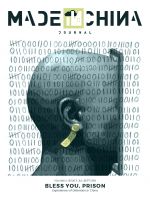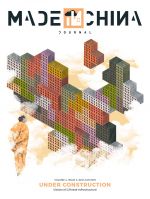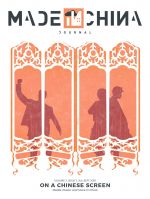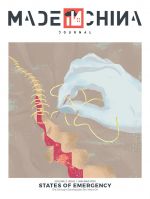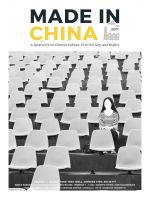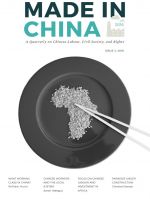Issue #3
On a Chinese Screen
Media, Power, and Voice in China
July–September 2018

The previous decade saw widespread discussions about the role of the Internet in reshaping power relations in Chinese society. New media—it was widely believed—would give voice to the poor and downtrodden, allow citizens to better supervise government activity, and foster lively cultural exchanges. Workers would also benefit from this, as the Internet provided them with the tools needed to bring their grievances into the spotlight and enhance their ability to connect with their peers to establish new forms of solidarity. A decade later, what is left of that cyber-utopian discourse? This issue of Made in China offers a series of essays that attempt to answer this question against the backdrop of the latest developments in Chinese politics and society.
Table of Contents
Op-eds
The Jasic Struggle and the Future of the Chinese Labour Movement | Yueran ZhangIs Hu Angang Really an Ultra-nationalist? The Recent Media Controversy in Political Context | Jane Hayward
Remembering Liu Xiaobo One Year On | Jean-Philippe Béja
Blandness, Bathos, or Brashness? Choosing Pathways to Validity and Relevance for Chinese Politics Research | William Hurst
Focus
Changing Representations of China’s Workers | Wanning SunPlatform Economies: The Boss’s Old and New Clothes | Julie Yujie Chen
Rethinking Online Privacy in the Chinese Workplace: Employee Dismissals over Social Media Posts | Mimi Zou
Visualising Labour and Labourscapes in China: From Propaganda to Socially Engaged Photography | Marina Svensson
Documenting China’s Influence | David Bandurski
Imagining the Digitalisation of Politics: A Conversation with Wang Lixiong | Zeng Jinyan and Wang Lixiong












